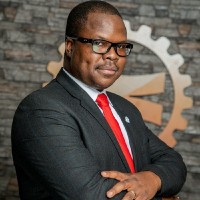Zimbabwe-Zambia Energy Projects Summit Agenda 2024
-
The unavailability of reliable and accurate estimates of the biomass resources and their corresponding energy potentials promoted the need for a detailed biomass energy resource assessment, to ascertain the potential of biomass as a renewable energy source. The intention being promotion and to upscale development of biomass projects in Zimbabwe, in view of the energy crisis and for environmental protection.
- Biomass Resource Potential - study findings and impact to the local communities.
- Utilization of forestry biomass waste for energy generation and grid integration.
- The environment life cycle assessment for energy recovery in view of the current
- environmental management practices and grid emissions.
- Renewable energy - investment incentives and supporting policies.

-
Kalala Room
-
Matetsi Room
- Technology Adoption and Innovation - Discuss the latest technologies in renewable energy (solar, wind, hydro) and how EPC contractors can drive innovation to improve project efficiency and reduce costs.
- Local Capacity Building - Address the importance of training and empowering local workforces. How can EPC contractors contribute to skills development and knowledge transfer in African communities?
- Importance of collaboration among stakeholders—governments, NGOs, and private sectors. How can EPC contractors foster partnerships to enhance project outcomes and drive the renewable energy agenda?

-
(sign up required)
-
-
Traditional African dining, drumming and dancing. A unique cultural experience that bombards the senses with tastes, sights and sounds of Africa.
-
Kalala Room
With SADC having a <50% energy access rate it is imperative that government and investors consider both central and decentralised energy solutions. Africa has, for too long, been married to immediate power generation (generators) which were meant as a stepping stone to cheaper, longer-term solutions. However, these temporary solutions quickly became the norm with consumers, paying ultra-high tariffs to maintain energy supply, for lack of alternative options.
- Should home solar be similarly considered a stepping stone to more reliable and scalable energy infrastructure and what programmes are available to grow communities out of poverty?
- Update on rural energy needs and current programmes to electrify disconnected communities
- Growth regions and how to promote job creation through energy access solutions
- Supporting supply chain and regional industrial capacity building
- Reaching the ‘tipping point’ – linking energy access programmes to wealth and job creation
-
Kalundu Room
-
Kalala Room
Record breaking droughts in Eastern and Southern Africa in recent years are forcing utilities to scenario plan around the potential of dams running dry more regularly over the coming years. Bilateral and regional infrastructure will play a critical role countering the impact thereof, so we’re sounding the alarm for a massive wave of urgent grid-infrainvestment.
- Critical near-term needs for Zimbabwe and Zambia’s grid infrastructure
- Lessons from ZTK – avoiding excessive delays and financing
- How is SAPP’s work on interconnection allowing its member countries to trade in electricity?
- How advanced is the ZiZaBoNa interconnector project linking Zimbabwe, Zambia, Botswana and Namibia?
- Grid planning, security and modernisation
-
-
-
Kalala RoomGiven the droughts currently being experienced in parts of Zimbabwe and Zambia, what role should hydro projects play in the region’s energy future, can they be the solution?
-
Kalala Room
- Given that Zambia, Zimbabwe and more broadly SADC are among the most prolific mining regions in the world, what financing options are available to support a sectoral shift towards carbon reduction?
- Is there support to establish a permanent Climate Finance Hub as a result of this summit, to better support mineral export driven economies?
- With the resulting reduction in emissions, what climate funding is available to support a drive towards geothermal generation?
-
Samukele Restaurant
-
- What insights can be drawn from South Africa’s REIPP hasten the pace of project procurement?
- Is GET FiT Zambia’s Solar PV programme progressing, can this provide a blueprint for further solar programmes which can support Zesco in supplying energy at an affordable rate?
- With increasing interest in wind projects in Zimbabwe, including IRENA’s positive satellite data analysis, and the government’s commissioning of a wind study, how are the first projects looking and what does the future hold for wind powered energy?
- Will the National Energy Advancement and Transformation Program (NEAT) make procurement of non-hydropower renewable energy projects in Zambia more accessible and attractive?
-
Kalundu Room
-
Kalala Room
- Insights – the next 10 projects
- Project pipeline and tenders
- Non-generation infrastructure projects
-
Foyer
-
Samukele Restaurant
Hosted by:

-
Kalala Room
At the Africa Energy Forum in Barcelona both public and private sector stakeholders requested EnergyNet to consider hosting an investor retreat focused on Zambia and Zimbabwe – why?
With both governments making innovative structural changes to make energy projects more bankable, Zimbabwe and Zambia are attracting private investment into solar, geothermal and wind - as well as the more traditional hydro projects - diversifying their energy mix. What impact are these changes having on the ease of doing business and the time taken to get energy to the consumer?- Has recent debt restructuring and the introduction of policies such as Zimbabwe’s Government Implementation Agreement increased IPP/investor appetite?
- Are feed-in tariffs and grid liberalisation enough in the current climate to secure investment?
- How is local currency financing and dedollarisation to lower interest rates and promote public finance stabilisation supporting FDI?
-
Kalundu Room
-
Kalala Room
- National Anthem Zimbabwe
- Prayer
- Welcome Remarks: Honourable Richard Moyo, Minister of State for Provincial Affairs & Devolution, Matebeleland North Province, Zimbabwe
- Remarks: Honourable Makozo Chikote, Minister of Energy, Zambia
- Remarks and Introduction of the Guest of Honour: Honourable Edgar Moyo (MP), Minister of Energy & Power Development, Zimbabwe
- Guest of Honour Official Opening: Honourable Dr Gen (Rtd) Constantino Chiwenga, Vice President, Zimbabwe
-
Foyer


)
)
)
)
)
)
)
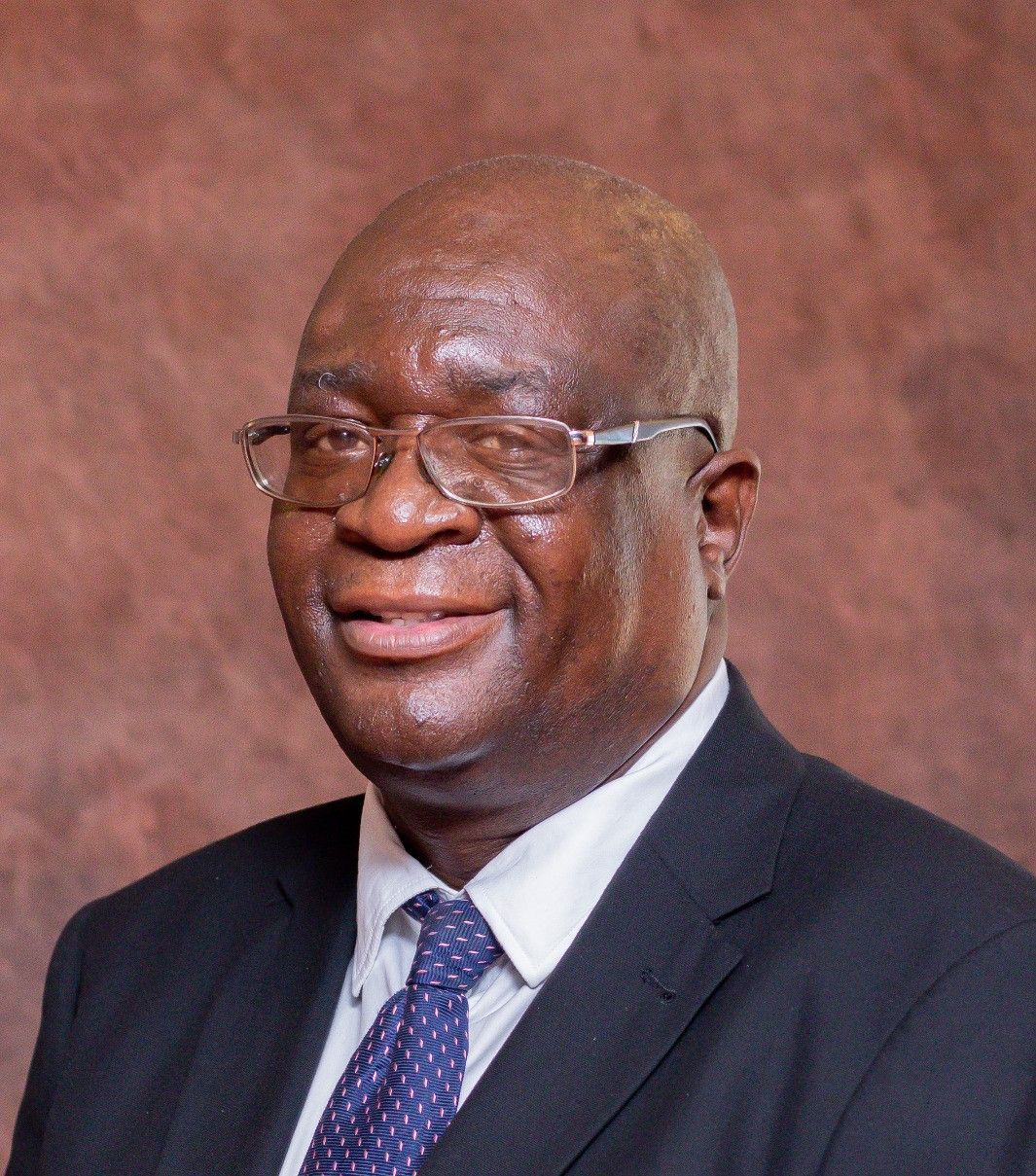
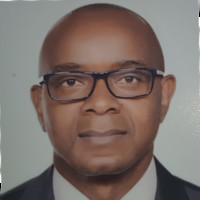
)
)
)
)

)
)
)
)
)
)
)
)
)
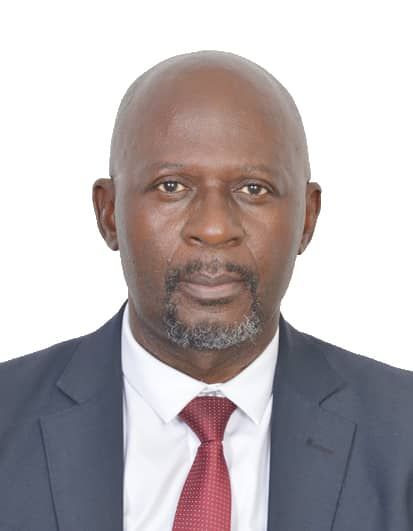
)
)
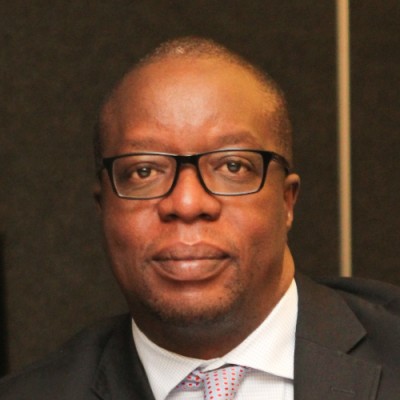
)
)
)
)
)
)
)
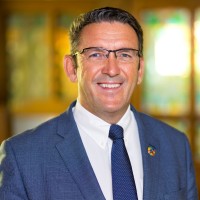
)
)
)
)
)
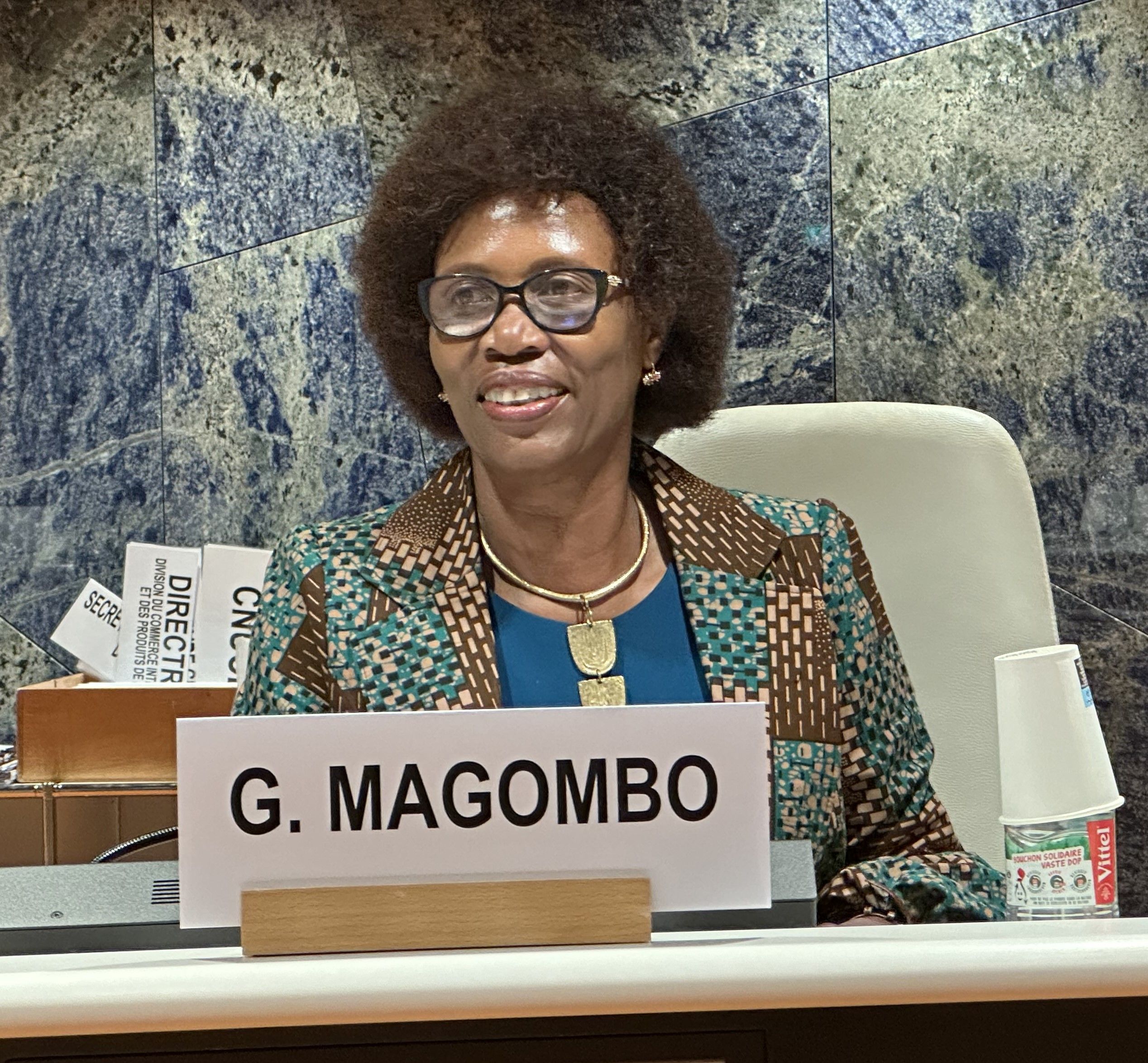
)

)
)
)


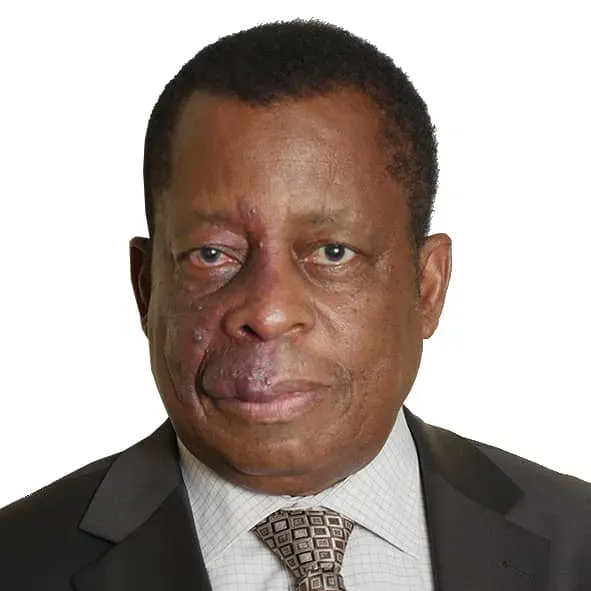
)

)
)

)
